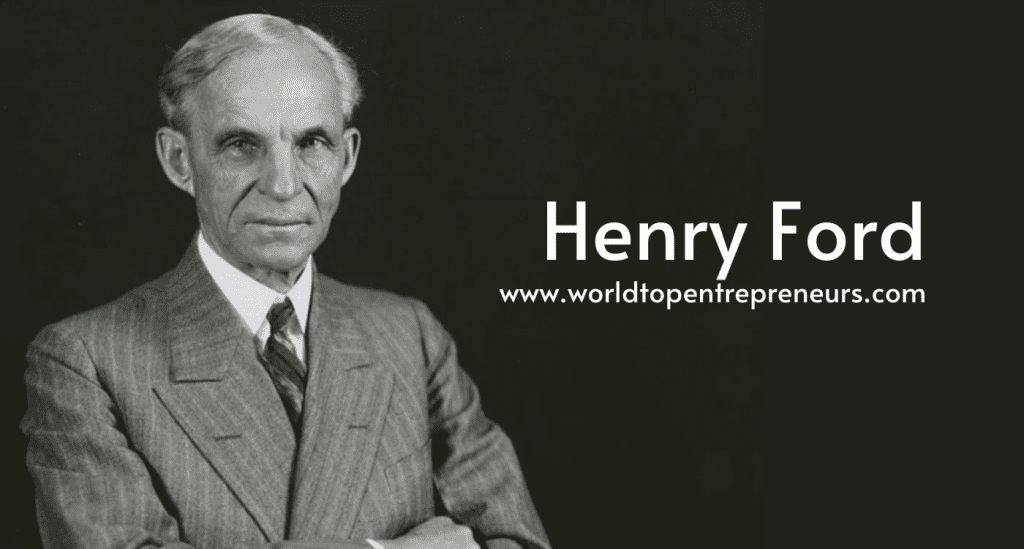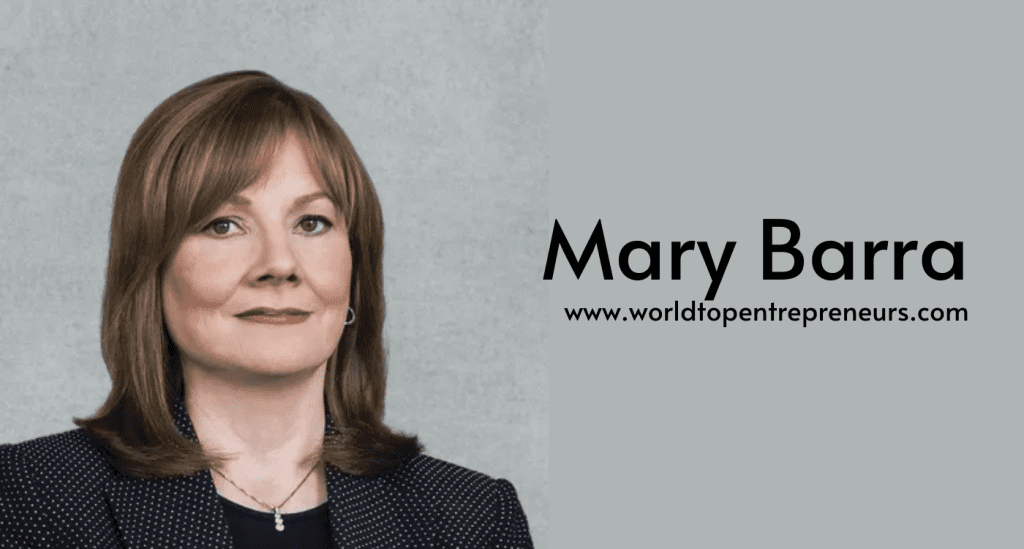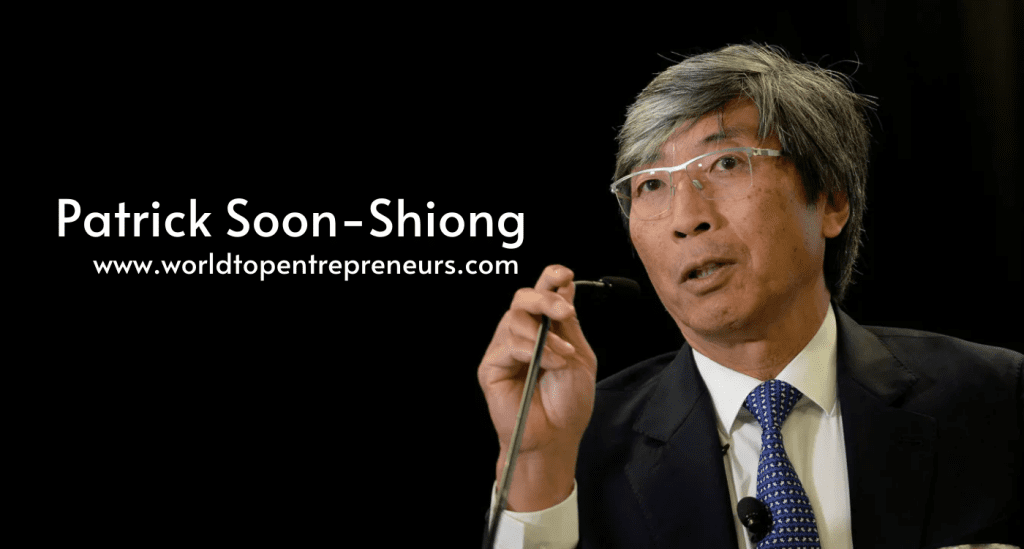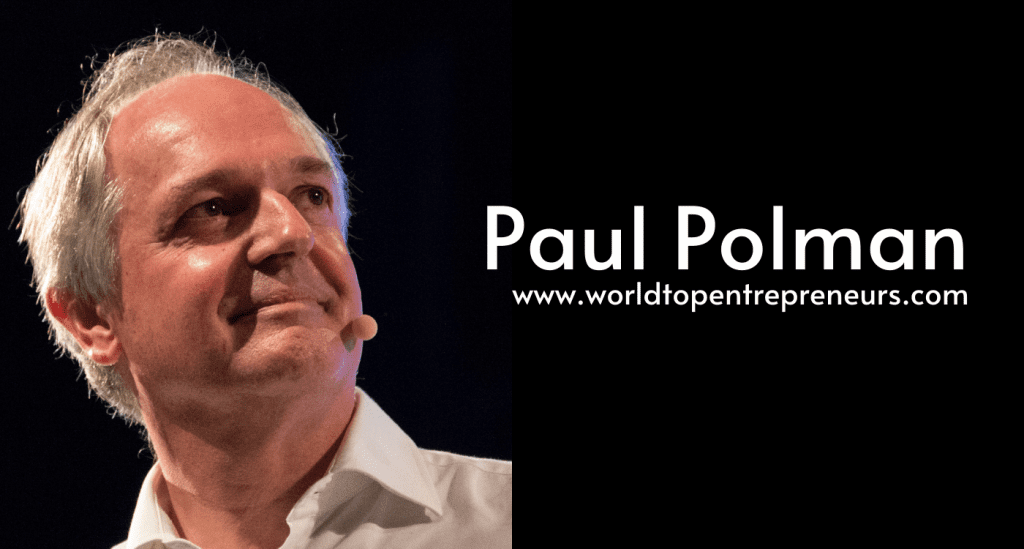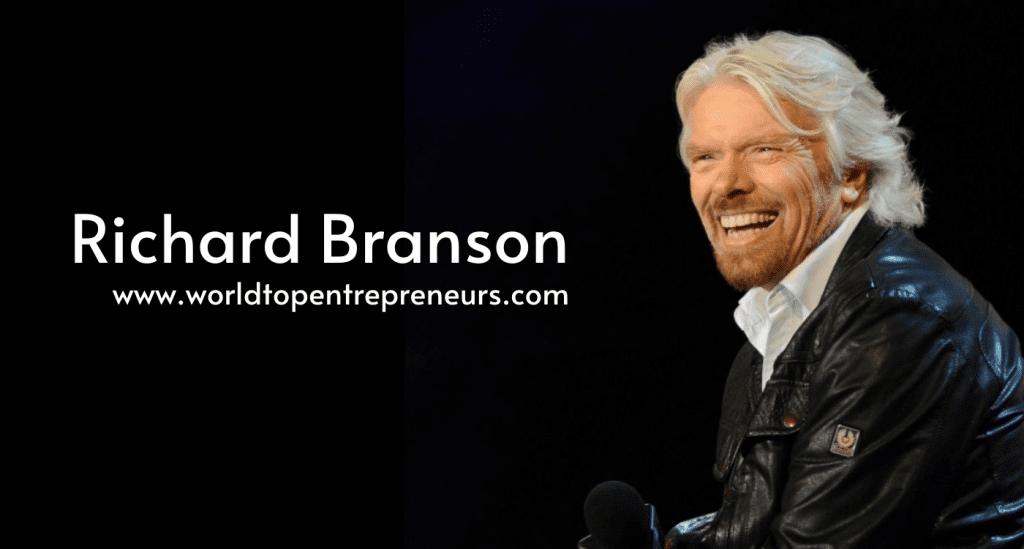Anita Roddick, the formidable entrepreneur and activist, is best known as the founder of The Body Shop, a global beauty and skincare brand that revolutionized the industry with its commitment to ethical consumerism and social responsibility. Her life and work left an indelible mark on both the business world and social activism, illustrating that commercial success and ethical principles can go hand in hand.
Early Life and Influences
Born Anita Lucia Perella on October 23, 1942, in Littlehampton, England, Anita was the third of four children to Italian immigrants Gilda and Donny Perella. Her upbringing in a hardworking family imbued her with a strong work ethic and a profound sense of justice. Anita’s parents ran a café, and from an early age, she witnessed the struggles and rewards of running a small business. These experiences would later inform her own approach to entrepreneurship.
Anita’s education took her to Bath College of Higher Education, where she trained as a teacher. However, it was her travels around the world that truly broadened her horizons. During a trip to Tahiti, she observed women using natural ingredients for skincare. This experience planted the seed for what would eventually become The Body Shop. Her time in various cultures showed her the power of community and the importance of respecting natural resources, themes that would become central to her business philosophy.
The Birth of The Body Shop
In 1976, Anita Roddick opened the first Body Shop in Brighton, England. With just 15 products on the shelves, all made from natural ingredients, the store offered a unique alternative to the mainstream beauty products of the time. Anita’s vision was clear: to provide high-quality skincare products made from ethically sourced, natural ingredients while promoting environmental sustainability and social activism.
The Body Shop’s initial success can be attributed to Anita’s innovative approach to business. Unlike traditional beauty brands, The Body Shop eschewed elaborate packaging, instead opting for simple, refillable containers. This not only reduced waste but also allowed customers to buy only what they needed, encouraging a more mindful approach to consumption. Furthermore, the products were not tested on animals, a practice that was uncommon in the beauty industry at the time.
Anita’s approach to marketing was equally groundbreaking. She focused on storytelling and education, using her stores as platforms to raise awareness about environmental and social issues. The Body Shop became known for its bold, provocative window displays that addressed topics such as climate change, human rights, and animal testing. This strategy not only attracted customers but also built a loyal community of like-minded individuals who shared Anita’s values.
Expanding the Ethical Business Model
The success of the first store led to rapid expansion. By the early 1980s, The Body Shop had opened numerous outlets across the UK and had begun to establish a presence internationally. Despite this growth, Anita remained committed to her core values. She ensured that the company continued to source ingredients from small-scale farmers and producers around the world, supporting fair trade practices and promoting sustainable agriculture.
Anita also pioneered the concept of community trade, a program that involved working directly with marginalized communities to source ingredients for The Body Shop’s products. This initiative not only provided fair wages and improved living conditions for the communities involved but also ensured that the company’s supply chain remained ethical and sustainable. Through these efforts, Anita demonstrated that a business could be both profitable and socially responsible.
In addition to her work with The Body Shop, Anita was a vocal advocate for a range of social and environmental causes. She was deeply involved in campaigns against animal testing, and The Body Shop became the first international cosmetics brand to be certified under the Humane Cosmetics Standard. Anita also supported efforts to combat deforestation, protect indigenous rights, and promote gender equality. Her activism extended beyond her business, as she used her platform and resources to drive meaningful change on a global scale.
Challenges and Controversies
Despite its success, The Body Shop faced numerous challenges and controversies over the years. Critics accused the company of “greenwashing,” or using environmental claims as a marketing ploy without fully committing to sustainable practices. Some questioned the authenticity of The Body Shop’s ethical credentials, pointing to instances where the company’s actions did not align with its stated values.
Anita responded to these criticisms with characteristic candor and determination. She acknowledged the complexities and difficulties of maintaining an ethical business in a competitive industry but remained steadfast in her commitment to her principles. She continued to push for greater transparency and accountability within the company, setting higher standards for sustainability and social responsibility.
One of the most significant challenges came in 2006 when The Body Shop was acquired by L’Oréal, a global cosmetics giant with a history of animal testing. The acquisition raised concerns among loyal customers and activists, who feared that The Body Shop’s ethical standards would be compromised. Anita defended the decision, arguing that it provided an opportunity to influence a major player in the beauty industry and drive broader change. She remained involved with The Body Shop until her passing, ensuring that the company stayed true to its founding principles.
Legacy and Impact
Anita Roddick passed away on September 10, 2007, leaving behind a legacy that continues to inspire and influence. Her pioneering work in ethical consumerism has had a lasting impact on the beauty industry and beyond. Today, concepts like sustainability, fair trade, and social responsibility are integral to many businesses, thanks in large part to Anita’s efforts.
The Body Shop remains a testament to Anita’s vision and values. The company continues to promote environmental sustainability, support fair trade, and advocate for social and environmental justice. Anita’s influence can also be seen in the growing number of businesses that prioritize ethics and sustainability, demonstrating that it is possible to achieve commercial success while making a positive impact on the world.
Personal Life and Philosophy
Anita Roddick’s personal life was as dynamic and multifaceted as her professional career. She was married to Gordon Roddick, with whom she had two daughters, Justine and Sam. Gordon was not only her life partner but also her business partner, playing a crucial role in the development and expansion of The Body Shop. Together, they created a business that reflected their shared values and commitment to social change.
Anita’s philosophy was deeply rooted in her belief in the power of individuals to make a difference. She often spoke about the importance of activism and the need for people to take a stand on issues that matter to them. Her famous quote, “If you think you’re too small to have an impact, try going to bed with a mosquito,” encapsulates her belief in the potential of each person to effect change.
Throughout her life, Anita remained dedicated to empowering others and fostering a sense of community. She believed that businesses had a responsibility to contribute positively to society and that success should be measured not just by financial performance but also by the impact on people and the planet. This ethos guided her work with The Body Shop and her various philanthropic endeavors.
Continuing the Mission
Since Anita’s passing, The Body Shop has continued to honor her legacy by maintaining its commitment to ethical practices and social activism. The company has launched numerous initiatives aimed at promoting sustainability, protecting human rights, and supporting marginalized communities. These efforts reflect Anita’s enduring influence and the ongoing relevance of her vision.
One notable example is The Body Shop’s Enrich Not Exploit™ campaign, which aims to ensure that all aspects of the company’s operations are sustainable and beneficial to people and the environment. This includes sourcing ingredients responsibly, reducing environmental impact, and supporting community trade partnerships. Through these initiatives, The Body Shop continues to set a high standard for ethical business practices.
In addition to its own efforts, The Body Shop has also inspired other companies to adopt similar approaches. The rise of conscious consumerism and the growing demand for ethical products can be traced back to Anita’s pioneering work. By demonstrating that it is possible to build a successful business based on ethical principles, she paved the way for a new generation of entrepreneurs and businesses committed to making a positive impact.
Conclusion
Anita Roddick’s life and work are a powerful reminder of the potential for business to be a force for good. As the founder of The Body Shop, she not only created a successful global brand but also redefined the role of business in society. Her commitment to ethical consumerism, social responsibility, and environmental sustainability has had a lasting impact on the beauty industry and beyond.
Anita’s legacy lives on through The Body Shop and the many businesses and individuals she inspired. Her vision of a more just and sustainable world continues to resonate, encouraging us to consider the impact of our choices and to strive for a better future. In celebrating Anita Roddick, we honor not only her achievements but also the values and principles that guided her remarkable journey.








